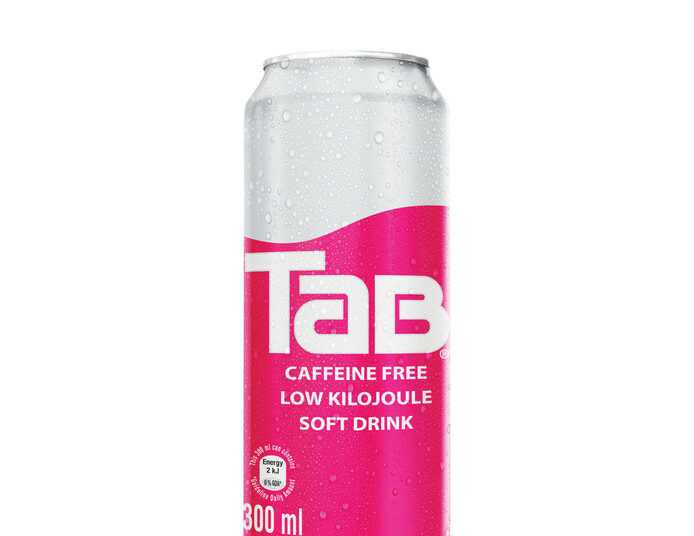Popular fizzy drink TaB, which falls under the Coca-Cola Company, will no longer be sold anywhere in the world.
In a statement, the Coca-Cola Company announced plans to retire “underperforming products” in the United States by December 31. This forms part of a global portfolio refresh prioritising category-leading brands with the greatest potential for growth and scale.
Over the next two years, TaB and other select products will be phased out in various markets across the globe.
“We’re challenging ourselves to think differently about our brands to accelerate our transformation to a total beverage company,” said Cath Coetzer, global head of innovation and marketing operations at The Coca-Cola Company.
“This isn’t about paring down to a specific number of product offerings under our brands. The objective is to drive impact and growth. It’s about continuing to follow the consumer and being very intentional in deciding which of our brands are most deserving of our investments and resources, and also taking the tough but important steps to identify those products that are losing relevance and therefore should exit the portfolio.”
It seems people have not taken to the news well. A Change.org petition was recently created to keep the drink on shelves, and over 1400 people have signed it thus far.
Launched in 1963, TaB was Coca-Cola’s first sugar-free cool drink. Short for “tasty aerated beverage”, it was marketed towards those wanting a lower-calorie soda. The ‘diet’ soda quickly became popular among residents, especially in the 70s and 80s. The drink was eventually eclipsed by the introduction of Diet C0ke in 1982.
“We’re forever grateful to TaB for paving the way for the diets and lights category, and to the legion of TaB lovers who have embraced the brand for nearly six decades,” said Kerri Kopp, group director, Diet Coke, Coca-Cola North America.
“If not for TaB, we wouldn’t have Diet Coke or Coke Zero Sugar. TaB did its job. In order to continue to innovate and give consumers the choices they want today, we have to make decisions like this one as part of our portfolio rationalization work.”

